Teenagers Challenge Australia's Social Media Ban in High Court
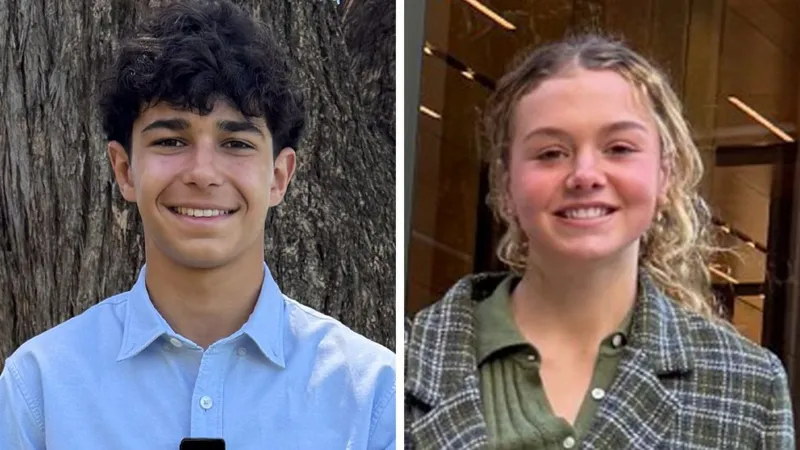
A landmark law in Australia that restricts social media access for children is facing a challenge in the High Court from two teenagers, who argue that the legislation is unconstitutional and infringes upon their right to communicate freely.
Starting on 10 December, social media platforms such as Meta, TikTok, and YouTube will be required to prevent Australians under the age of 16 from creating accounts. This legislation, which has garnered global attention, has been defended by both government officials and advocacy groups as a necessary step to shield children from harmful online content and algorithms.
However, 15-year-olds Noah Jones and Macy Neyland, supported by the Digital Freedom Project, contend that the law overlooks the rights of young individuals. "We shouldn't be silenced. It's like Orwell's book 1984, and that scares me," Macy Neyland stated.
In response to the emerging legal challenge, Communications Minister Anika Wells addressed parliament, asserting that the government would remain resolute against both threats and legal disputes. "We will not be intimidated by threats. We will not be intimidated by legal challenges. We will not be intimidated by big tech. On behalf of Australian parents, we will stand firm," she said.
The Digital Freedom Project announced the case was officially lodged with the High Court on Wednesday. The organisation emphasised that teenagers often depend on social media for essential information and social connections. It expressed concerns that the ban could disproportionately affect vulnerable groups, including young people with disabilities, First Nations youth, and LGBTIQ+ teenagers, as mentioned on their website.
John Ruddick, a New South Wales parliamentarian leading the initiative, indicated that the legal argument would focus on the implications of the ban for political discourse and whether the measures taken are appropriate relative to the law's stated objectives.
The Digital Freedom Project has proposed that alternative strategies should be implemented to enhance online safety. These alternatives may include digital literacy initiatives, the mandatory introduction of age-appropriate features on platforms, and age assurance technologies that offer improved privacy protections.
Noah Jones described the government's approach as "lazy," asserting that young people are adept in navigating the digital landscape and deserve the opportunity to remain informed and engaged. "They should protect kids with safeguards, not silence," he added.
Reports from Australian media outlets have suggested that Google, which owns YouTube, is also contemplating a constitutional challenge against the new law. Despite opposition from the technology companies tasked with enforcing the restrictions, polls indicate that a majority of Australian adults support the ban. Nonetheless, some mental health advocates warn that such a measure could isolate children and may inadvertently drive them towards less regulated areas of the internet.
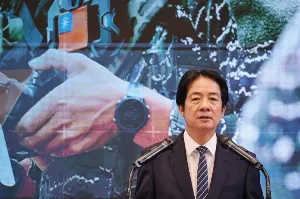
Taiwan Announces $40 Billion Defence Budget Amid Rising Tensions with China
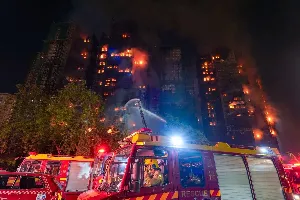
Fire Tragedy in Hong Kong: Thirteen Confirmed Dead in High-Rise Blaze
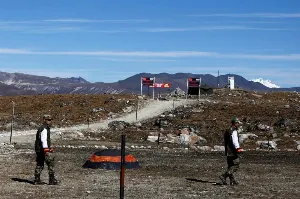
India Criticises China's Actions Amid Arunachal Pradesh Dispute
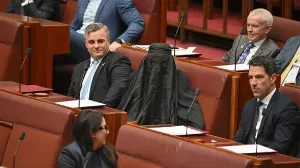
Australian Senator Faces Suspension Over Burka Protest in Parliament





